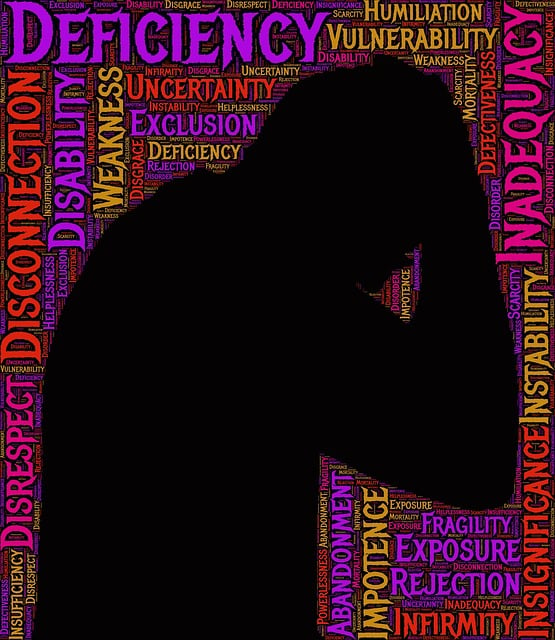Emotion regulation techniques are a cornerstone of well-being and resilience, especially in challenging situations like those addressed through Colorado Springs Alcohol Abuse Therapy. By teaching clients to recognize, accept, and manage their emotions effectively, therapy prevents unhealthy coping mechanisms such as substance abuse. Through crisis intervention guidance, introspective exercises, self-care routine development, and social skills training, individuals gain the tools to express emotions healthily, build mental fortitude, and lead balanced lives. Integrating these techniques into daily life is crucial for long-term success in Colorado Springs Alcohol Abuse Therapy, fostering resilience, emotional intelligence, and sustained sobriety.
Emotion regulation techniques teaching plays a pivotal role in enhancing well-being, especially in contexts like Colorado Springs Alcohol Abuse Therapy. This article delves into the profound impact of mastering emotional control and offers practical strategies for effective technique deployment. We explore how these skills, when integrated into daily life, can foster long-term success in managing alcohol abuse and promoting mental health in Colorado Springs.
- Understanding Emotion Regulation and Its Impact on Well-being
- Teaching Effective Techniques for Healthy Expression and Management
- Integrating These Skills into Daily Life: Strategies for Long-term Success in Colorado Springs Alcohol Abuse Therapy
Understanding Emotion Regulation and Its Impact on Well-being

Understanding emotion regulation is a pivotal step towards enhancing well-being and fostering resilience. It involves recognizing, accepting, and managing one’s emotions effectively, especially during challenging situations. In the context of Colorado Springs Alcohol Abuse Therapy, this concept takes on added significance. Emotional regulation isn’t just about suppressing feelings; it’s a skill that empowers individuals to respond adaptively to stress, anger, or grief, preventing them from resorting to unhealthy coping mechanisms like substance abuse.
Crisis intervention guidance plays a crucial role in teaching these skills, helping individuals navigate intense emotions without causing further harm. Inner strength development and emotional healing processes are interwoven aspects of this journey. By learning to regulate their emotions, people can break free from destructive patterns, build mental fortitude, and lead more fulfilling lives.
Teaching Effective Techniques for Healthy Expression and Management

Teaching effective emotion regulation techniques is a powerful tool for individuals seeking to manage their mental health and well-being. In Colorado Springs Alcohol Abuse Therapy sessions, professionals often emphasize the importance of healthy expression and control over emotions. This involves equipping clients with a range of strategies to identify and understand their feelings, which is a crucial step in the process. By fostering self-awareness through exercises that encourage introspection, individuals can better recognize triggers and patterns associated with their emotions.
Incorporating practices like self-care routine development for better mental health is integral to this journey. Encouraging clients to prioritize self-care enables them to create healthy outlets for emotion expression. Social skills training also plays a significant role in helping individuals navigate interpersonal relationships, allowing them to share and manage their emotions effectively in various social contexts. These techniques collectively empower people to lead more balanced and fulfilling lives.
Integrating These Skills into Daily Life: Strategies for Long-term Success in Colorado Springs Alcohol Abuse Therapy

Integrating emotion regulation techniques into daily life is a pivotal step for long-term success in Colorado Springs Alcohol Abuse Therapy. Individuals who have learned these skills during their treatment need sustainable strategies to maintain mental wellness and avoid relapse. One effective approach is to incorporate coping skills development, such as mindfulness exercises or cognitive reframing, into daily routines. These practices help individuals recognize and manage emotional triggers promptly, ensuring they can respond adaptively rather than reacting impulsively.
Mental wellness coaching programs play a crucial role in fostering long-term recovery. Coaches guide individuals through the process of translating therapy insights into practical actions, promoting self-awareness, and encouraging the use of compassion cultivation practices. By regularly practicing these techniques, individuals build resilience, enhance emotional intelligence, and create a supportive internal environment that nourishes mental wellness—all vital components for sustaining sobriety in Colorado Springs Alcohol Abuse Therapy and beyond.
Emotion regulation techniques, when taught effectively, can be transformative tools for enhancing well-being. By integrating these skills into daily life, individuals in Colorado Springs Alcohol Abuse Therapy can not only manage their emotions healthily but also foster long-term recovery and resilience. Through practical strategies tailored to individual needs, one can navigate emotional challenges more constructively, leading to improved mental health and overall quality of life.














